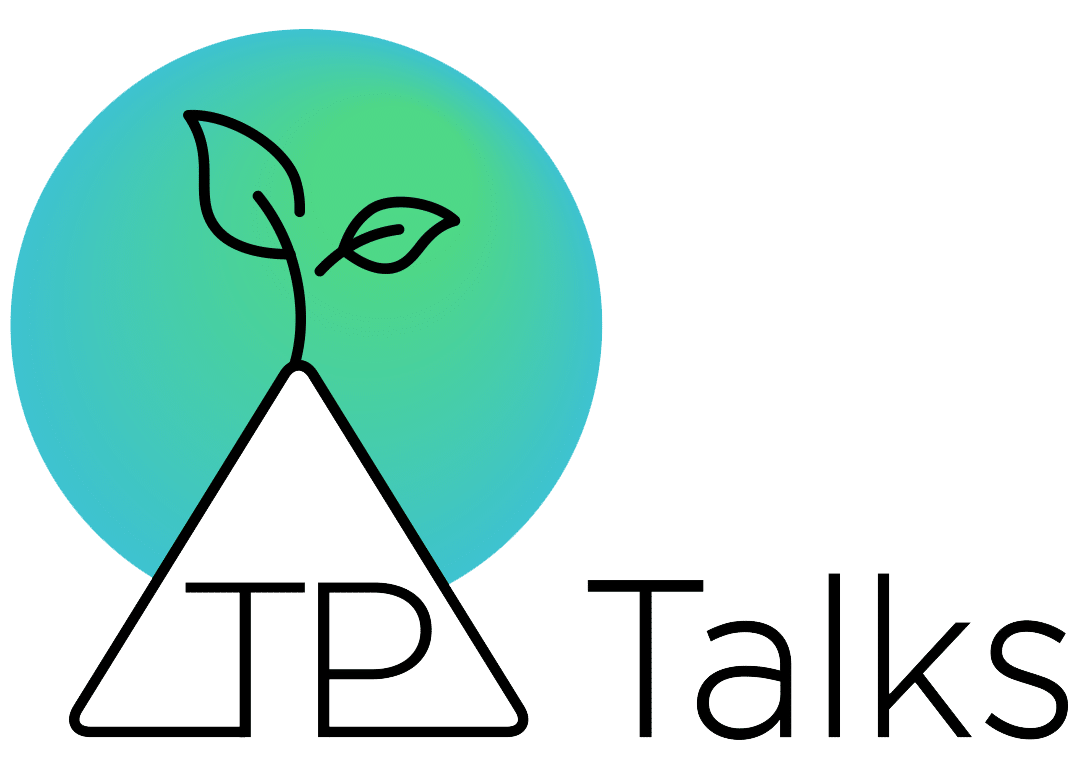So, your English application was accepted! Time for a happy dance and celebrating with friends… but not so fast!
Yes, absolutely party – you’ve stood out from a sea of talented candidates in a tough economic climate. That’s no small feat! While you’re riding this wave of success and motivation, let’s keep the momentum going.
You’re probably wondering: What exactly is a bilingual interview? And more importantly, what isn’t it?
Let me demystify this based on years of conducting bilingual interviews:
What it’s NOT:
- A French interview where someone suddenly asks ‘Do you speak English?’ and your best Franglish emerges. You know, like that time at Starbucks when I ordered my Chai Latte and the barista just froze, wide-eyed. (Pro tip: body language speaks volumes, and sometimes you need to come up for air!)
- A quick chat about your weekend plans that reveals your vocabulary limits. Like when my Australian friend asked how I was, and I brilliantly responded: ‘Ah alors, I am well, all c’est bon et speed day!’ And you have a ‘deer-in-headlights’ look.
- Taking those tempting social media language tests that end with you questioning your skills over a bar of chocolate and a Netflix binge. We’ve all been there!
- Reading your CV aloud in English. Sure, knowing your professional history in both languages is essential, but that’s just the starting point.
What it IS:
- A dynamic conversation navigating complex professional scenarios in both languages. Take my experience at McDonald’s in Boston: I knew exactly two words – ‘Brian’ and ‘kitchen.’ But through listening, mimicking, and not being afraid to make mistakes, I went from mute observer to fluent communicator… with my authentic accent intact! Your accent is part of your story – own it.
- Handling unexpected language switches gracefully (like in real international meetings). Your secret weapons? Strategic silence, KISS (Keeping It Simple & Short), and reflective listening. When coordinating between mind and tongue feels challenging, these tools buy you precious processing time while keeping communication professional.
- Articulating your expertise and problem-solving across languages. Here’s the truth: recruiters care more about HOW you handled that international project or resolved that cross-cultural conflict than your perfect grammar. Prepare your success stories with clear outcomes – what you did, with whom, and what results you achieved. Your accent? It’s just the cherry on top of your professional expertise.
- Being your authentic professional self while adapting to linguistic curve balls. Yes, practice makes permanent – but choose your practice partners wisely. Working with someone who can provide constructive feedback while boosting your confidence is worth its weight in gold. Think of it as having a professional language coach in your corner.
Why does this matter?
In today’s work life, you’re not just changing languages – you’re connecting different ways of thinking and working. Remember those awkward moments at Starbucks? Well, they become your stepping stones to handling team meetings and client calls with confidence!
Your accent, your way of expressing things, your cultural background – these aren’t problems to fix, they’re assets to wear like a shiny coat. Big or small or startup companies don’t need perfect English or French speakers. They need real people who can get the job done in multiple languages, cultural agility and all, even if sometimes it takes a ‘Comment dire…’ moment to find the right words.
Have you been through a bilingual interview?
What made you go ‘Oh là là!’ during the experience? So voilà, do share your story – we’re all in this together!
Stay up to date and never miss out.
Working across cultures isn’t easy. Our newsletter brings you practical insights on recruitment, onboarding, and outplacement—plus tools to help you manage international teams with confidence. Join today and stay ahead in global business.


